|
Since I officially joined the Black Rose Writing Family, which is how we authors who've been published by Black Rose Writing refer to ourselves, ...I've been meeting other Black Rose authors via a Facebook page set up by our publisher so that we can communicate with each other, share questions, advice, upcoming author events, marketing opportunities, our successes, our not-so-successful outcomes, congratulate each other, console each other, encourage each other and, among all those and other benefits, learn about each other's books. Many of the books in the Black Rose, um, stable (can I use that word? I mean, we all hope our books will be off to the races, right?) really catch the eye, with a terrific title and cover art by Black Rose cover maestro Dave King, ...and an intriguing subject or story line, such as this scary-sounding ghost story set in marijuana country. However one of the Black Rose books I made the acquaintance of so grabbed me by its title, and the spine-tingly cover picture of an emerging alligator with its eyes calmly fixed on the beholder,
...which then made me want to take a look at the dozen sample pages of the book offered on Amazon. After which I was hooked and had to order the book. And once having started it, I couldn't put it down. In "Less Than Human" Allen Long, now in his 60's, ...shares his honest and well-written memoir of overcoming the childhood abuse he suffered during an era when corporal punishment was considered such standard operating procedure in the raising of children that an adult's emotional dis tress and inner rage could be taken out on one's children in the name of love and with society's blessing. And to Long and his brother, though they lived in fear of a beating for the slightest childish infraction, real or imagined on their parent's part, parental beatings were just a normal part of their otherwise normal childhood in an affluent neighborhood where they were good students in a good school. For children of Allen Long's (and my) generation, being spanked or hit with a paddle, belt, spatula, tree switch, heavy adult hand or whatever implement a parent might favor or have handy, or having one's mouth washed out with soap, one' ears boxed, or being sent to bed without supper were common punishments; and though we children didn't realize it at the time, too often these parental practices crossed over the line into abuse. I've told a number of people of my generation about "Less Than Human." I brought it with me to last week's meeting with my Wednesday morning Panera Posse, during which we - a diverse group of women from a variety of ethic, racial, and religious backgrounds, though more or less of the same generation and absolutely of the same political persuasion - meet for bagels, coffee, camaraderie, and to discuss everything. I told the group about the book's subject matter and passed the book around for everyone to look at. All the women in the group were affected Allen Long's story,
One of the Posse members, a woman from Eritrea who was married at thirteen and has six children, three of them born in a Sudanese refugee camp, told us of a time years ago shortly after she'd arrived in this country when she spanked one of her children in a store for acting up. Another shopper chastised her for hitting her child, and though her English was not proficient, my friend understood that the woman was warning her that she could be arrested for hitting her child. "But why can't I spank my children?" she wondered, "they're my children! I'm their mother!"
That evening when my friend's husband returned home from work she asked him if one could be arrested in this country for spanking one's children. He husband assured her that one could. "After that," my friend told us, "I never again spanked my children." A few days later I was telling some other friends about the book over dinner, which again sparked memories of childhood corporal punishment, one friend recalling some playmates whose parents were notorious in the neighborhood for taking a belt to their children. Said my friend, "One of the children in that family broke away from their mother and father as adult and never again talked to their parents until their dying day because of all the beatings they suffered as a child." I added that I bet that kind of outcome was probably unusual; that abused children nevertheless remained close to their parents even as adults, not psychologically separating their desire for their parents' love and acceptance from the abuse they suffered at their parents' hands. There was a moment after our dinner when, as we were preparing to leave, I was standing with two of my friends. "My father hit me too much when I was young," said one. "Mine, too," added the other. Considering the complex bonds of love and need between parent and child I doubt that childhood abuse will ever become the next #me too. But it probably could.
4 Comments
Allen Long
10/27/2017 02:52:14 pm
My parents abused my brother and me in Arlington, Virginia. I knew they were wrong and I was a good person. I moved to Tucson and then San Francisco to keep a lot of distance between us.
Reply
Patti
10/27/2017 06:41:12 pm
Reply
Allen Long
10/28/2017 02:15:08 pm
When my brother and I reached adulthood, we confronted our parents about the physical abuse. They denied everything. It would have really helped us heal if they had admitted the abuse and apologized.
Reply
Patti
10/28/2017 07:44:35 pm
Well, who’s going to admit to having been an abusive parent? Especially if they actually were one? Everyone wants to be thought of as a good parent, and I think sometimes the more transgressive a parent was when their children were young, the more they rose-color the past after their children are grown. I guess it’s just a human defense mechanism. In fact for some people the best defense is a good offense, and when confronted with their wrongdoing they not only won’t or can’t apologize (a friend in her 70’s once told me, tearfully, that her mother never once apologized) but then cast themselves in the role of the victim, as did your mother when she took to bed after receiving you letter accusing her and your father of abuse.
Reply
Leave a Reply. |
"Tropical Depression"
by Patti Liszkay Buy it on Amazon: https://www.amazon.com/dp/B0BTPN7NYY "Equal And Opposite Reactions"
by Patti Liszkay Buy it on Amazon: http://amzn.to/2xvcgRa or from The Book Loft of German Village, Columbus, Ohio Or check it out at the Columbus Metropolitan Library
Archives
July 2024
I am a traveler just visiting this planet and reporting various and sundry observations,
hopefully of interest to my fellow travelers. Categories |
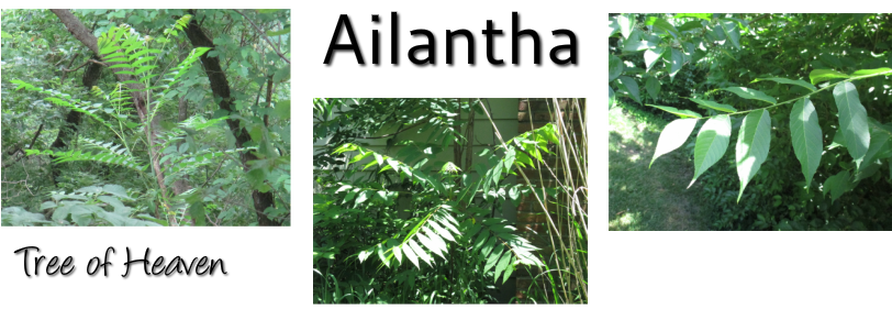
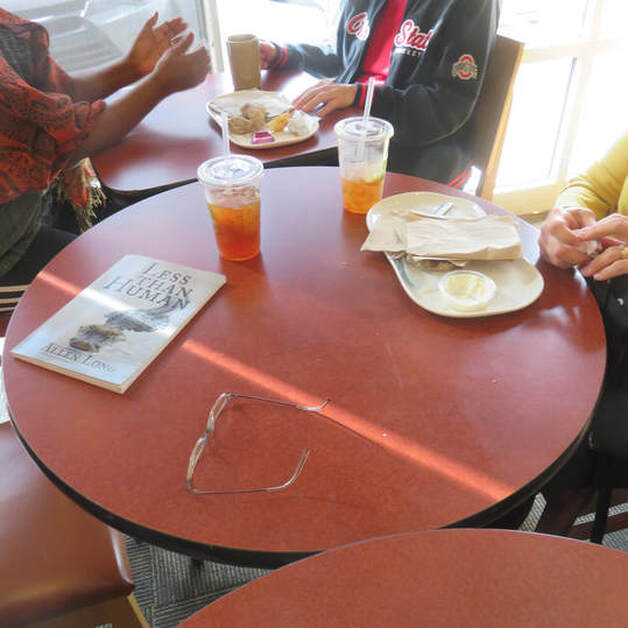
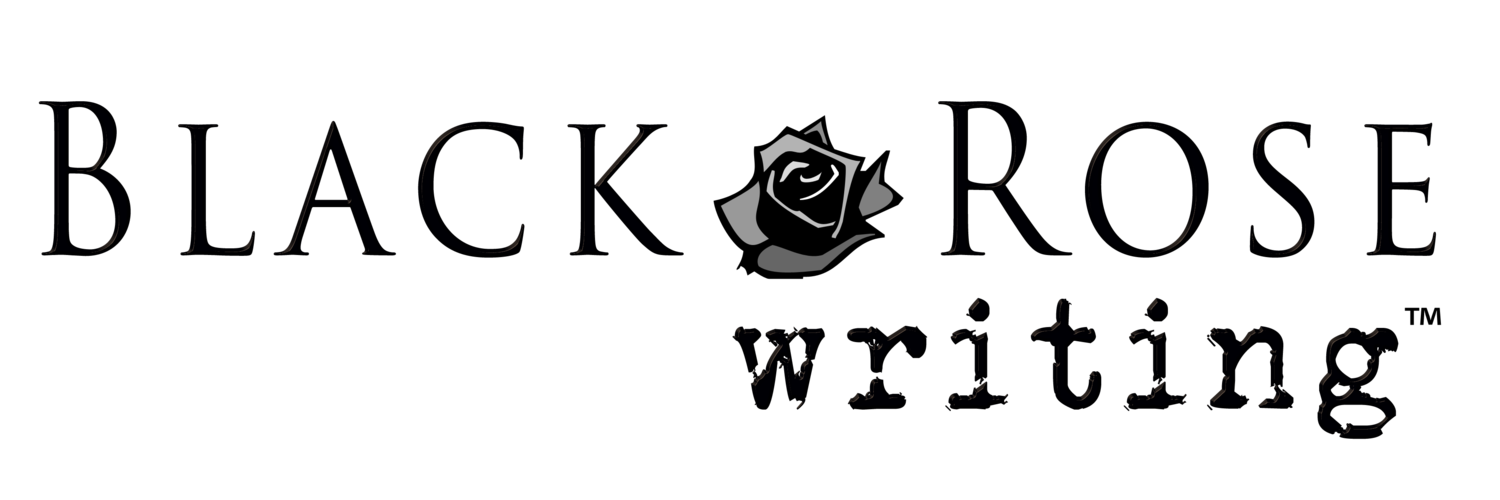
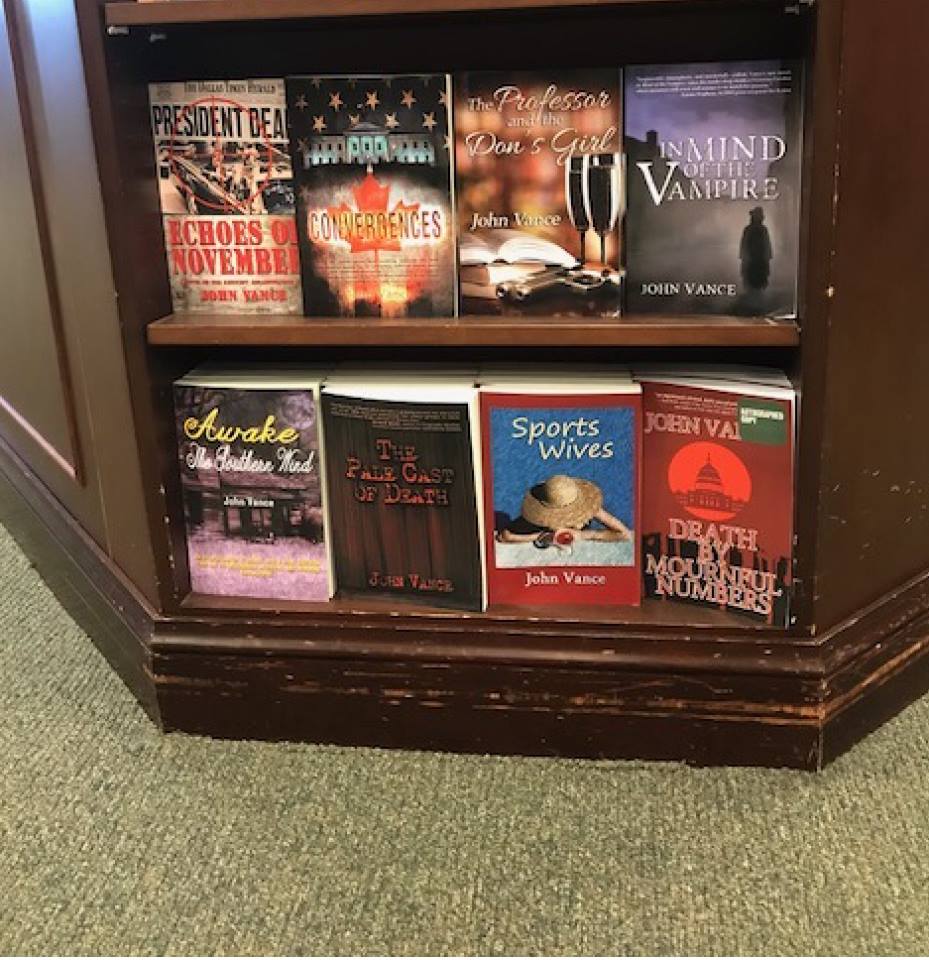
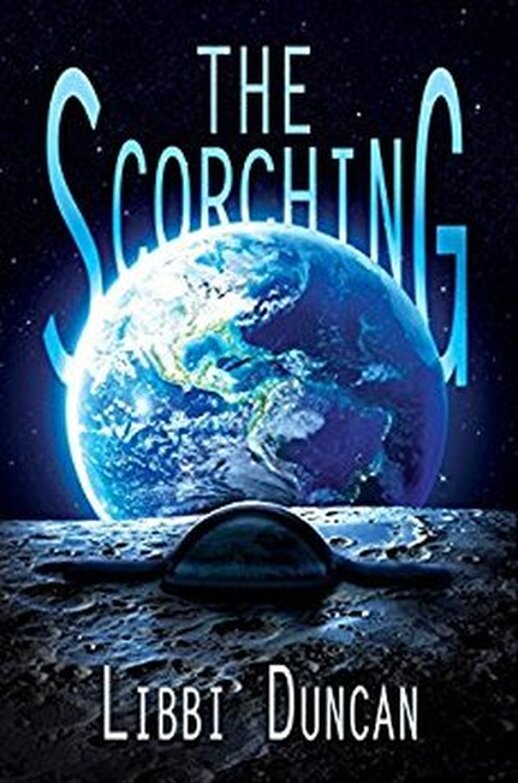
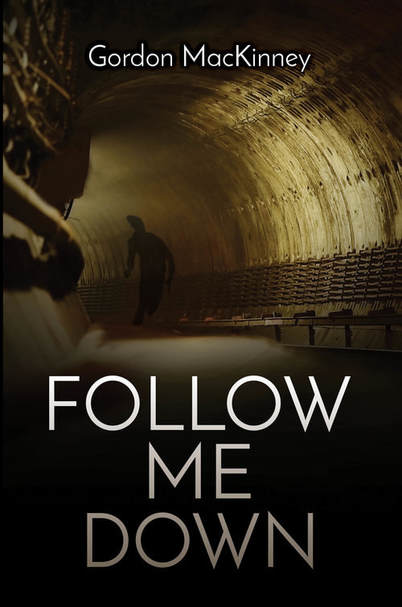
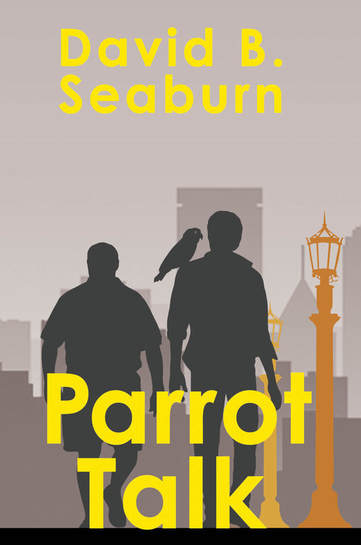
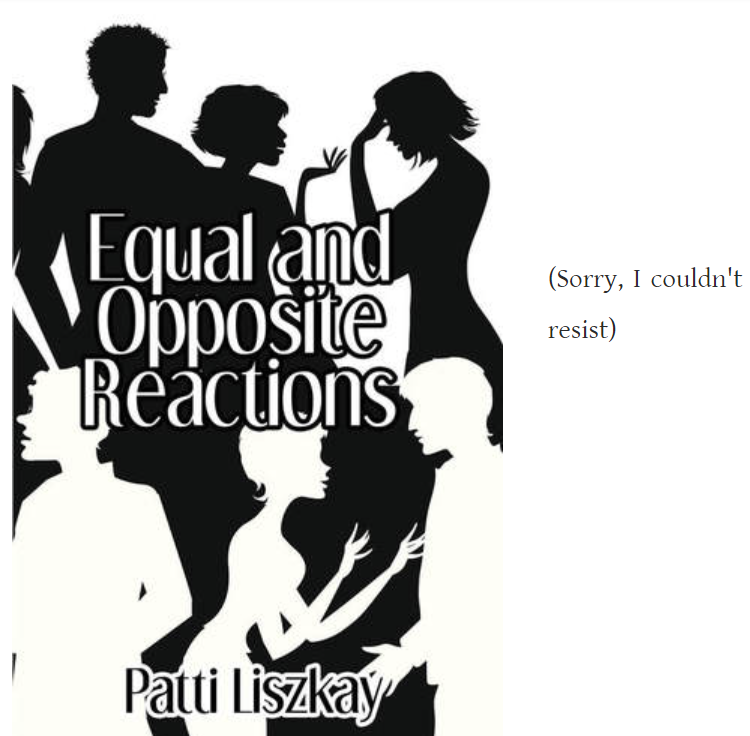
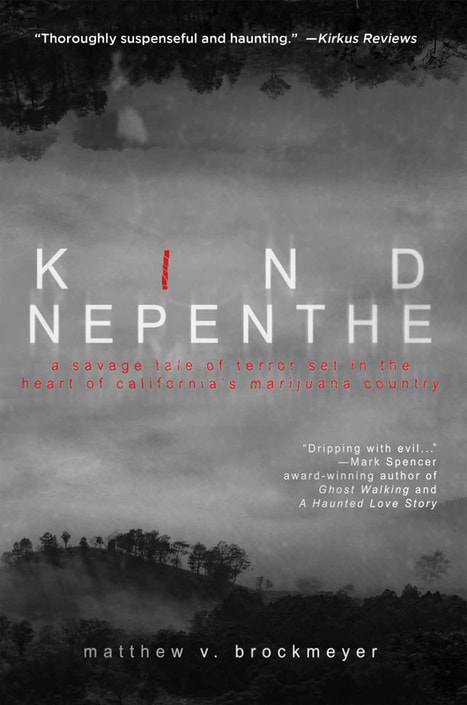
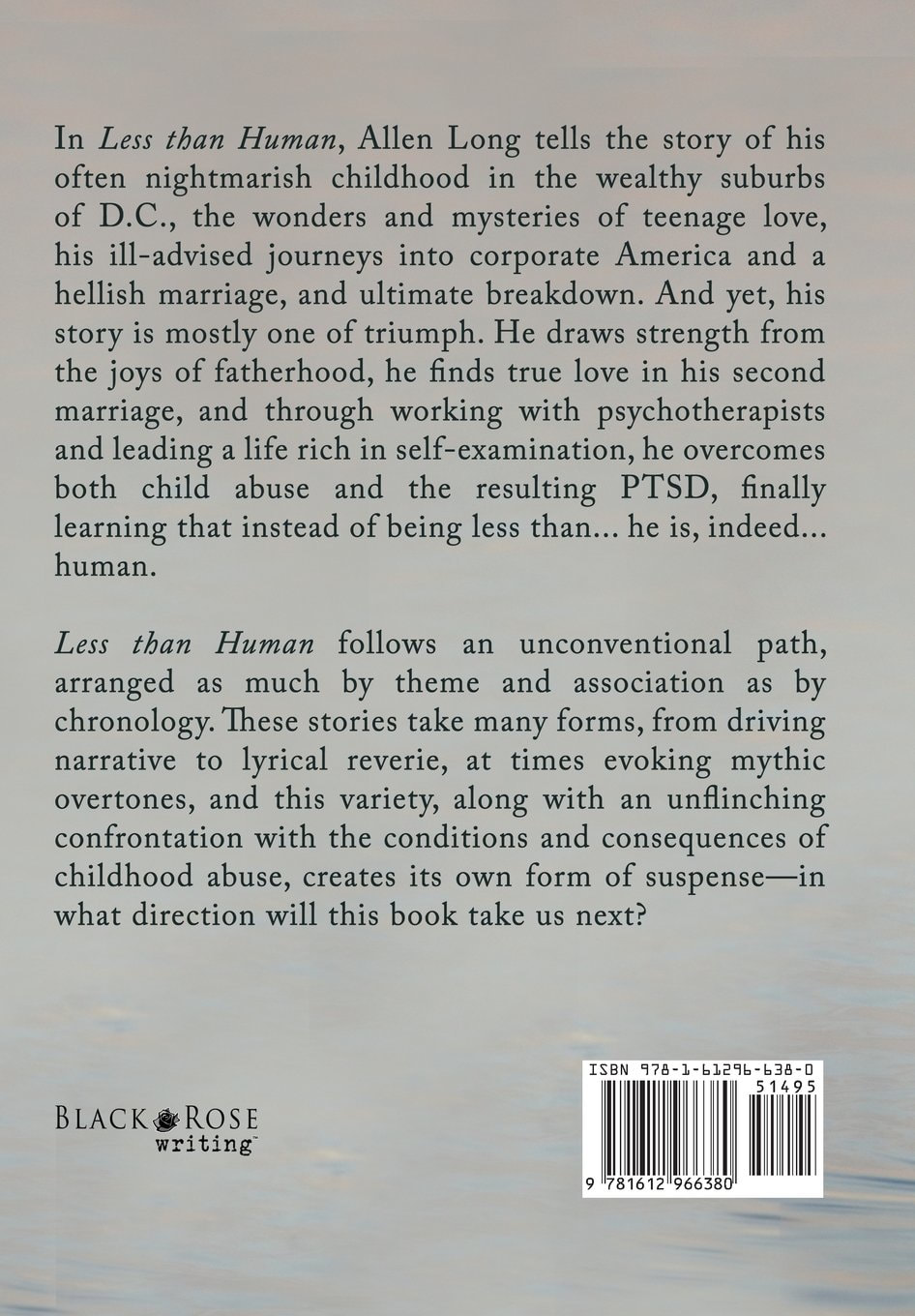
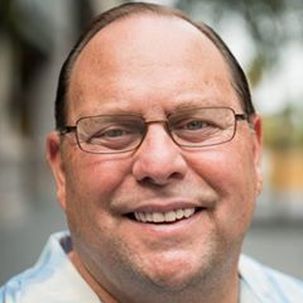
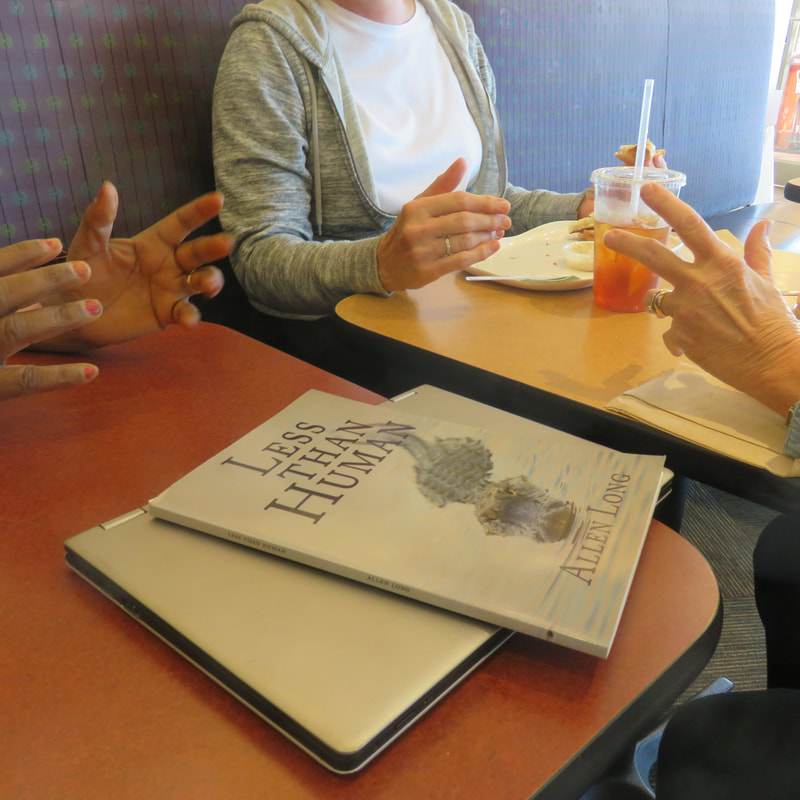
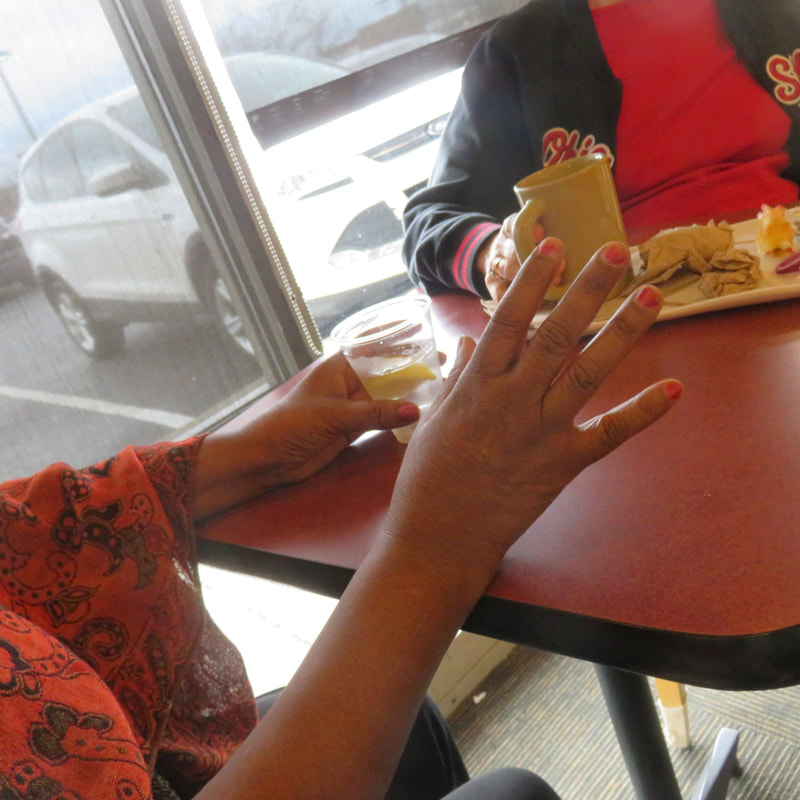
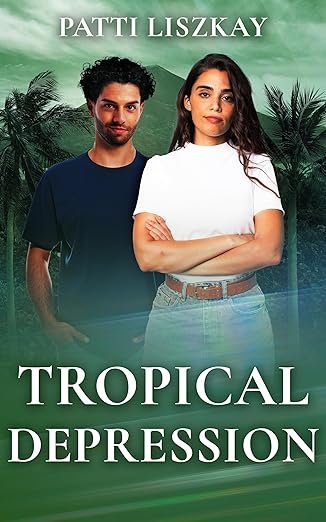
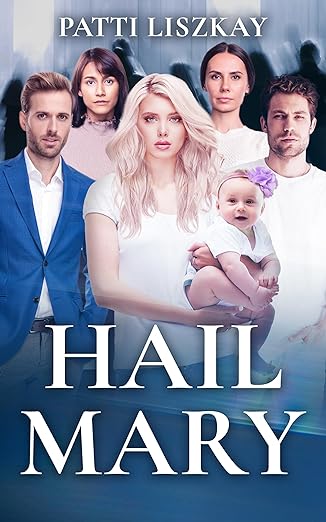
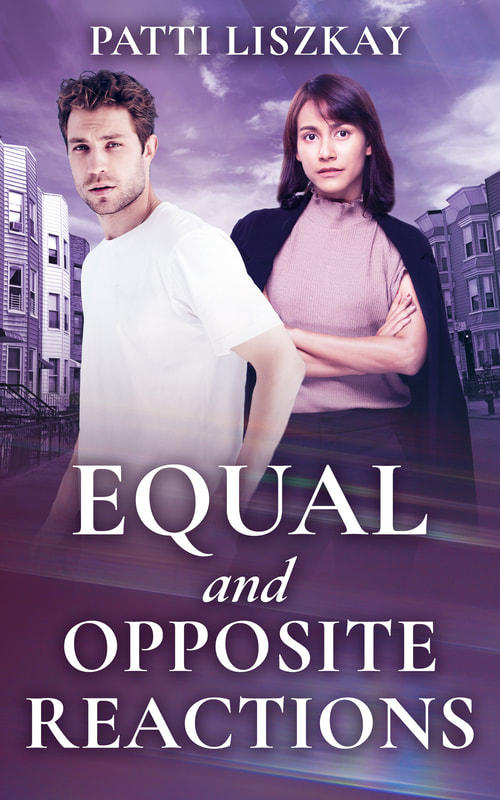
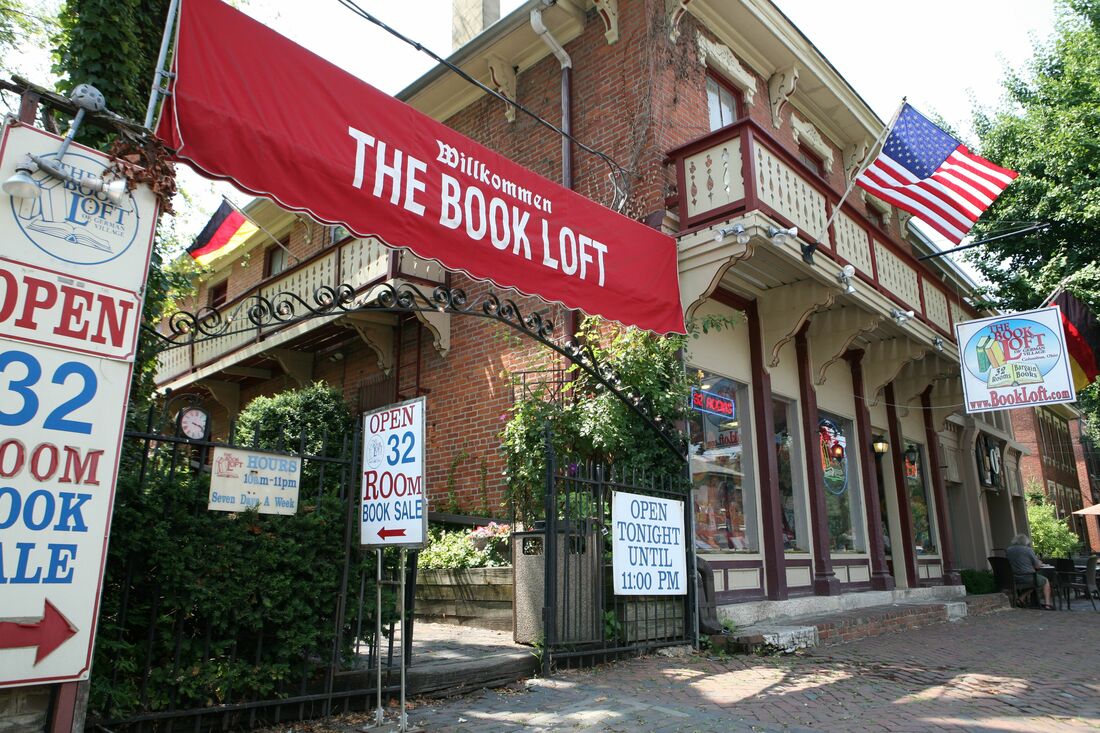
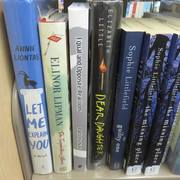
 RSS Feed
RSS Feed